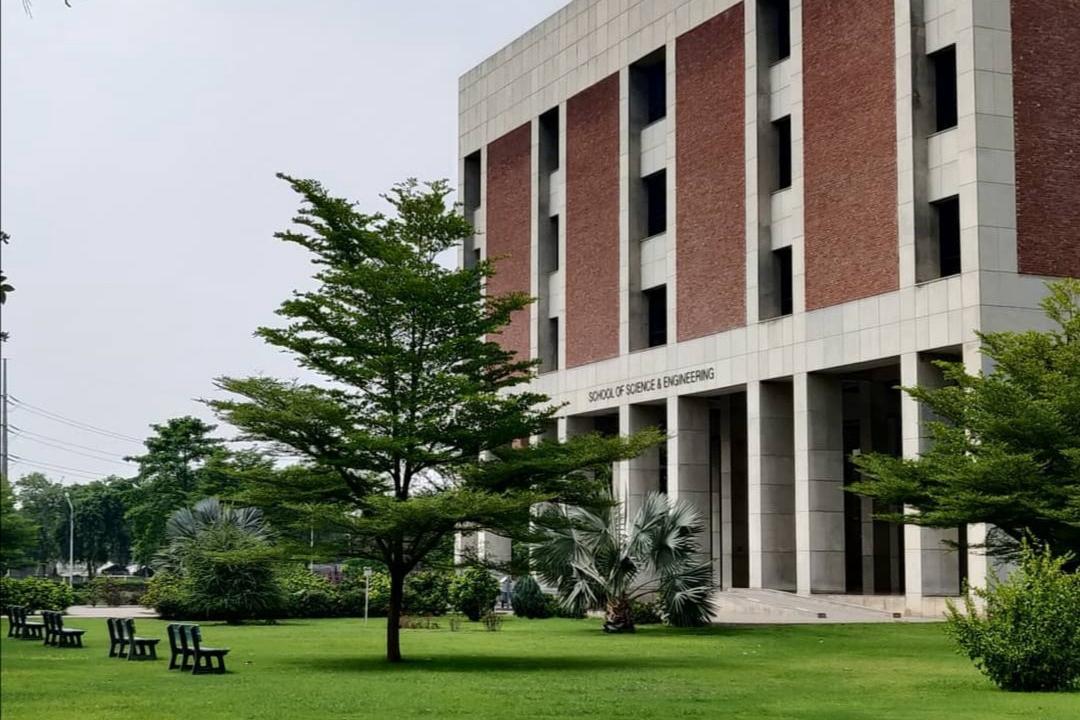
Event date:
Feb
26
2021
3:00 pm
Dense Small Satellite Network in 6G Wireless Systems: Improved Performance with Handover Optimization
Supervisor
Dr. Ijaz Haider Naqvi
Dr. Naveed ul Hassan
Student
Muhammad Ali Zain
Venue
EE Reading Room
Event
MS Synopsis defense
Abstract
Dense small satellite networks (DSSN) in low earth orbits (LEO) can benefit several mobile terrestrial communication systems (MTCS). In recent years, with growing demands for high data rate applications, massive connectivity, universal internet access, Internet of Things (IoT), and wireless sensor networks (WSNs), there is a renewed focus and an ever-increasing interest in small low earth orbit (LEO) satellites. DSSN is the major system to provide communication support for the regions beyond terrestrial network systems coverage. However, passive handover happens frequently caused by the quick movement of LEO satellites in DSSN. It causes the waste of radio resources and makes it hard to guarantee the quality of service (QoS), especially for user groups in hot-spot regions. In satellite communication, handover is the process of transferring satellite control responsibility from one earth station to another without loss or interruption of service. Supporting continuous communication over an LEO satellite system may require changing one or more links and the communication endpoints' IP address. Thus, both link layer and higher layer handovers may be required for satellite networking. Terrestrial handover refers to transferring an ongoing call or data session from one channel connected to the core network to another channel. The main factor that may affect the handover is when the satellite goes into the eclipse phase. Now the satellite battery becomes the main component and the only power source. If the battery state of charge (SOC) drops below a threshold value, the satellite will go into sleep mode. Hence the battery management is the primary concern for us. To provide higher QoS and address the frequent handover problem among LEO satellites, we propose a novel energy-aware handover algorithm. Among other factors, we primarily focus on the battery life of a satellite. We will exploit the satellite's storage capability by buffering the user's data in multiple LEO satellites simultaneously and then offloading the data through ISC links to the different satellites having the best link quality and satisfactory SOC a battery by performing energy-aware scheduling of the satellite system.

